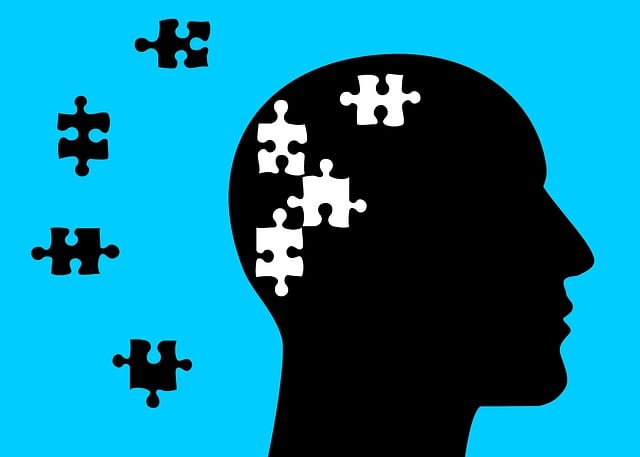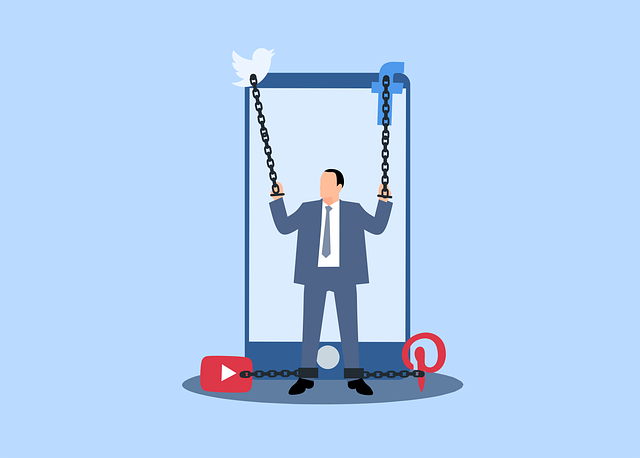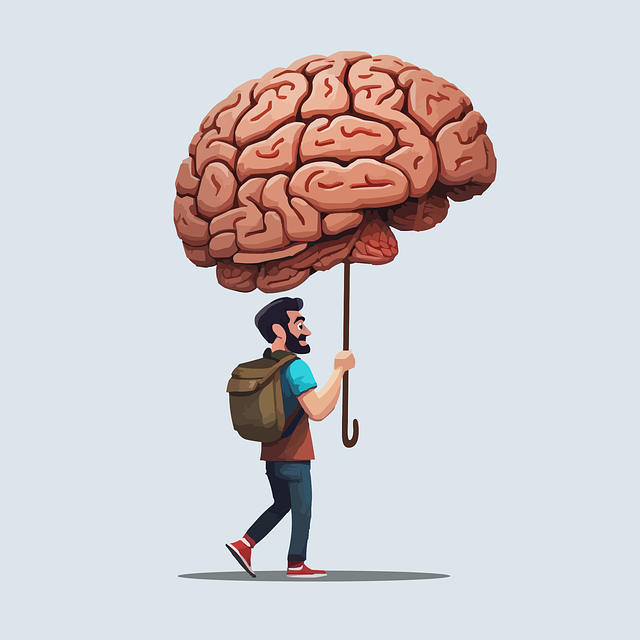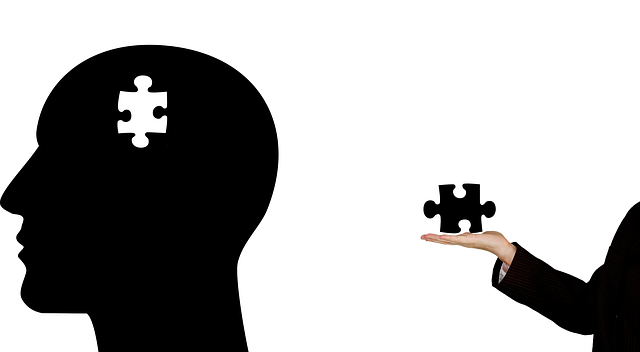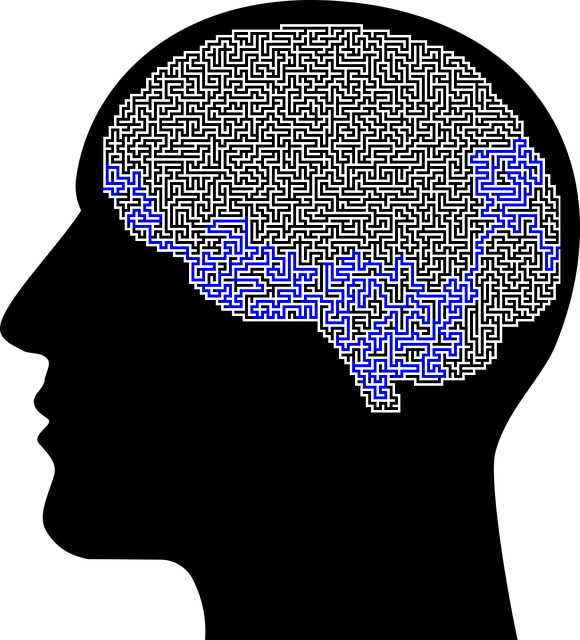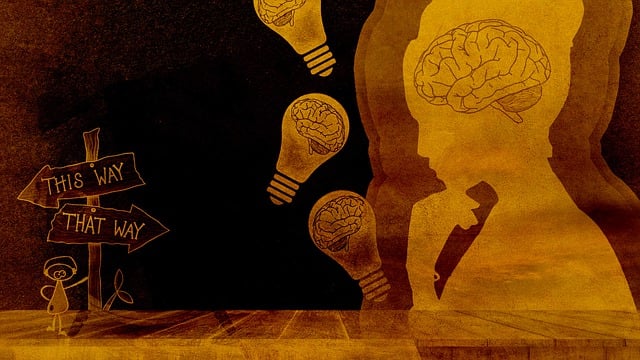Castle Rock Child Abuse Therapy (CRCAT) provides specialized Social Skills Training focused on healing trauma and social anxiety through compassion cultivation and emotional regulation techniques. This holistic approach, combining role-playing and mindfulness exercises, equips individuals with essential communication, conflict resolution, and empathy development skills. The supportive environment fosters emotional intelligence, boosts self-esteem, and strengthens relationships, enabling clients to confidently navigate social situations and achieve long-term mental wellness.
Social skills training is a powerful tool for managing mental health conditions, offering individuals a path to rebuilding confidence and connections. This article explores the intricate link between social abilities and mental wellness, focusing on how specialized therapy, such as that provided by Castle Rock Child Abuse Therapy, can transform lives. We’ll delve into effective strategies and techniques, providing insights into enhancing social skills and fostering improved mental health outcomes.
- Understanding the Link Between Social Skills and Mental Health
- The Role of Castle Rock Child Abuse Therapy in Social Skills Training
- Strategies and Techniques for Effective Social Skills Development
Understanding the Link Between Social Skills and Mental Health

Social skills training plays a pivotal role in addressing mental health conditions, especially for individuals who have experienced trauma or struggle with social anxiety. The connection between social skills and mental well-being is deeply intertwined, as effective communication and interaction can significantly impact an individual’s overall resilience and recovery. At Castle Rock Child Abuse Therapy, we recognize that many mental health challenges stem from a lack of social support or detrimental interpersonal experiences.
By incorporating compassion cultivation practices into therapy sessions, we guide clients towards developing inner strength and enhancing their emotional healing processes. These methods encourage individuals to build healthy relationships, foster empathy, and navigate social situations with greater confidence. Through such training, they can break free from negative patterns, improve self-esteem, and create a supportive network that contributes to improved mental health outcomes.
The Role of Castle Rock Child Abuse Therapy in Social Skills Training

Castle Rock Child Abuse Therapy (CRCAT) stands as a beacon of hope for individuals navigating mental health challenges by offering specialized Social Skills Training. This therapy is designed to empower clients with the tools needed to thrive in social settings, an aspect often overlooked in traditional treatment plans. Through a holistic approach, CRCAT integrates Compassion Cultivation Practices and Emotional Regulation techniques, fostering a sense of safety and self-acceptance.
The training focuses on teaching effective communication strategies, conflict resolution skills, and empathy development. By combining evidence-based practices with a warm and supportive environment, CRCAT promotes mental wellness and enhances the client’s ability to build and maintain healthy relationships. This tailored approach ensures that individuals leave the therapy room equipped to face social interactions with confidence and resilience.
Strategies and Techniques for Effective Social Skills Development

Social skills training is a powerful tool in managing mental health conditions, offering individuals strategies to navigate social interactions with confidence and ease. At Castle Rock Child Abuse Therapy, therapists employ various techniques to foster emotional intelligence and enhance social abilities. These include role-playing scenarios, where clients practice difficult conversations and learn to interpret non-verbal cues, a skill crucial for building strong relationships and reducing social anxiety.
Additionally, teaching self-care practices is integral to the process. Encouraging mindfulness exercises and healthy coping mechanisms helps individuals manage stress and maintain emotional balance in social settings. This holistic approach, combined with Burnout Prevention Strategies for Healthcare Providers, ensures clients develop sustainable skills for long-term mental well-being.
Social skills training, particularly through specialized programs like those offered by Castle Rock Child Abuse Therapy, plays a pivotal role in managing mental health conditions. By understanding the connection between social interaction and well-being, individuals can gain tools to navigate relationships more effectively. The strategies and techniques outlined here provide a roadmap for enhancing social competencies, fostering better connections, and ultimately improving mental health outcomes. For those seeking support, Castle Rock Child Abuse Therapy offers a comprehensive approach to developing essential social skills, empowering individuals to thrive in their personal and professional lives.

